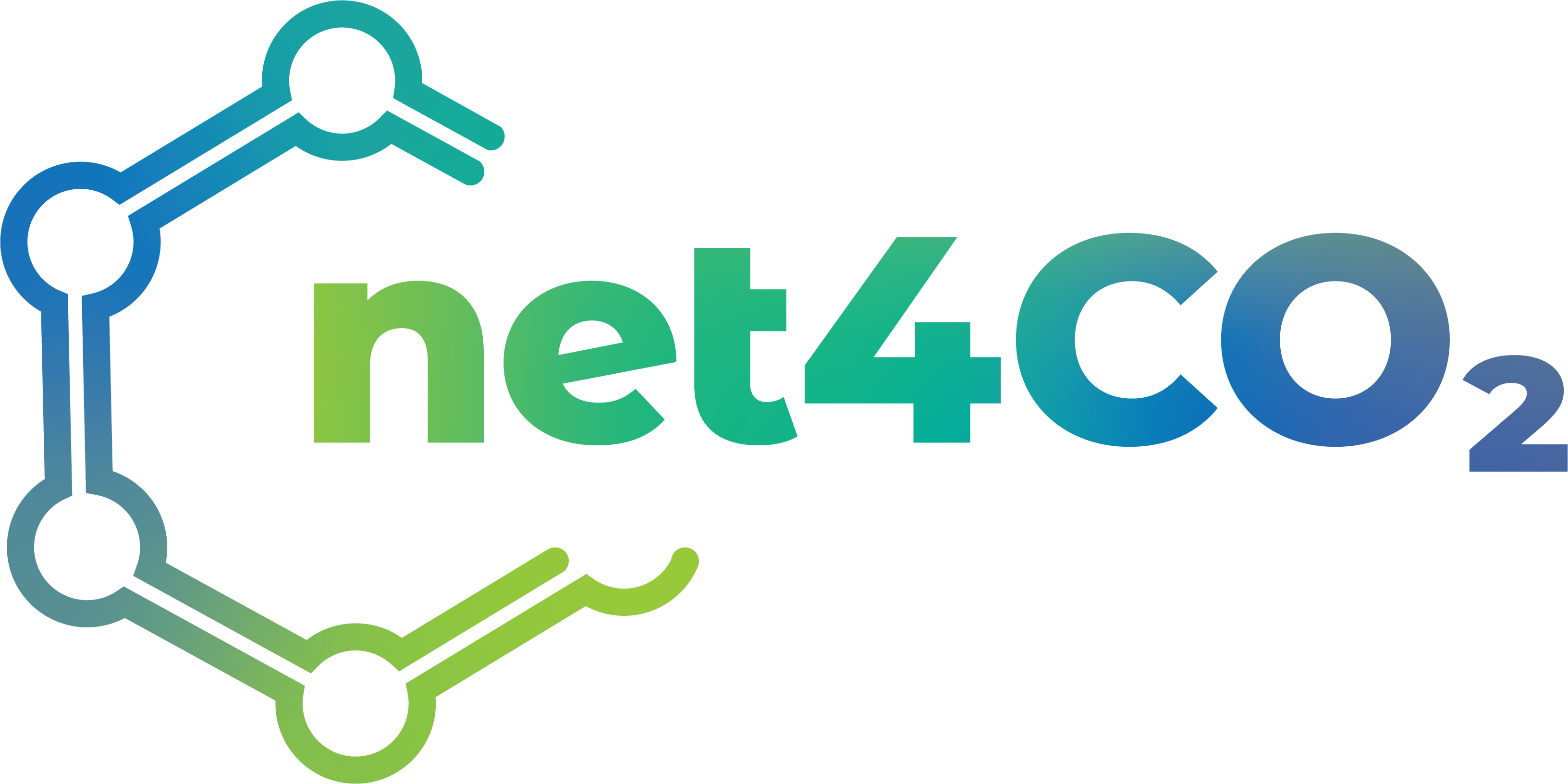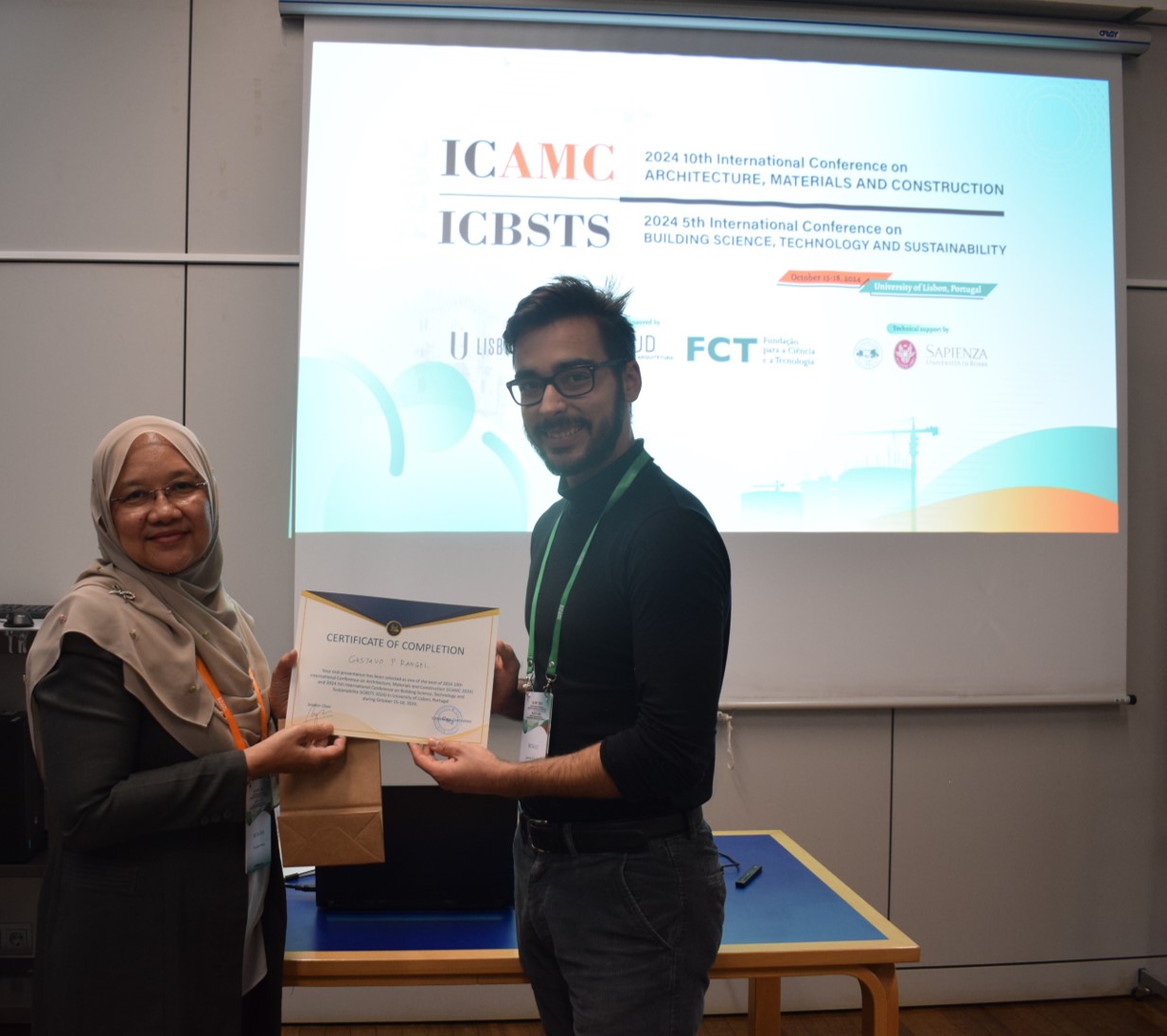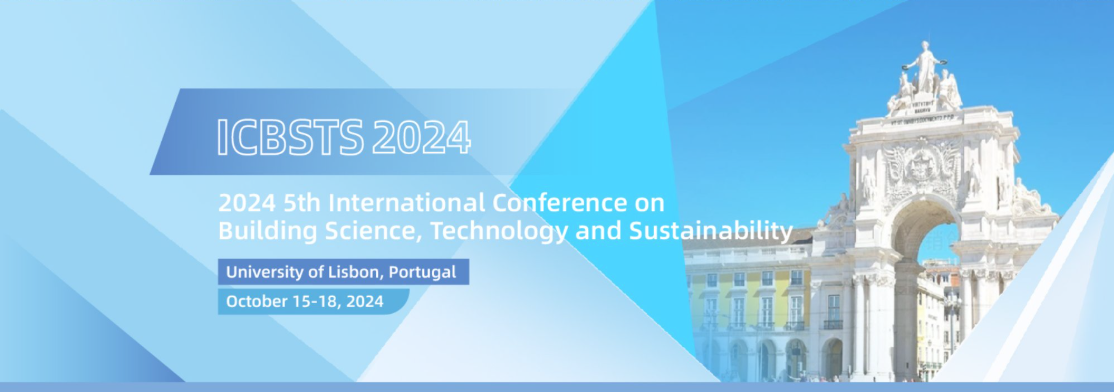On the 16th of October, Gustavo P. Rangel, one of the Net4CO2’ PhD students, won the award for the best presentation of the International Conference for Building Science, Technology and Sustainability (ICBSTS 2024) in Lisbon, Portugal.
The presentation focused the use of genetic optimisation algorithms to optimise a simulation of the process of synthetic jet fuel production via the Power-to-Liquid (PtL) process, which consumes hydrogen and CO2 to generate synthetic crude.
These algorithms are inspired by the natural process of evolution, where the fittest individuals survive and adapt over generations. A population of random solutions is created, and their “fitness” is measured using a predefined function. In this case, the function is the breakeven price of jet fuel production to cover operational expenses. New solutions are generated by combining existing ones, akin to genetic recombination. The best solutions are then selected to form the next generation. This process repeats, gradually evolving towards an optimal or near-optimal solution.
In his work, Gustavo Rangel showed that the optimal solution minimized synthetic jet fuel production costs by 1.89€/L compared to an un-optimized “Base” case, which was based on the best educated guesses for key operating parameters (temperatures and pressures, recycling ratios, etc).
This simple exercise demonstrates the power that modern computer simulation softwares can have when applied in tandem with open-source optimisation algorithms in Python (in this case, the differential evolution algorithm).



